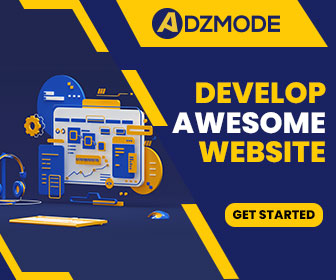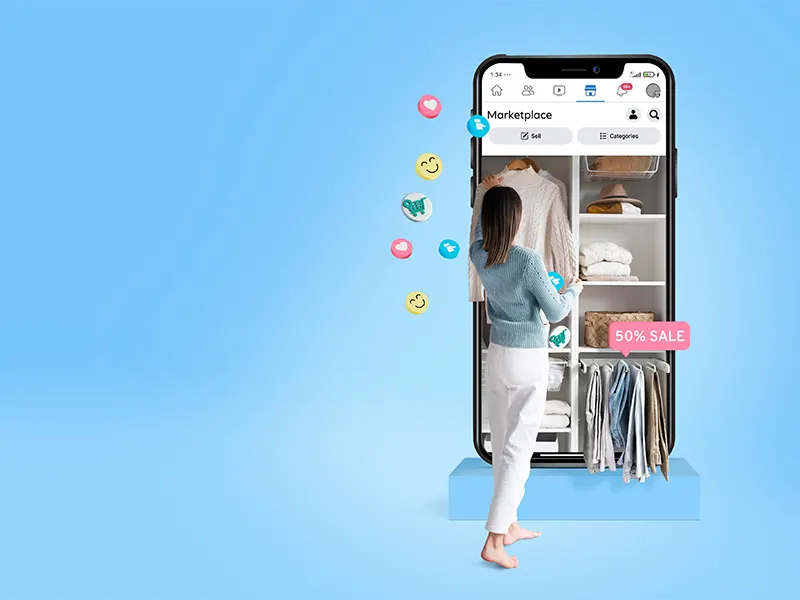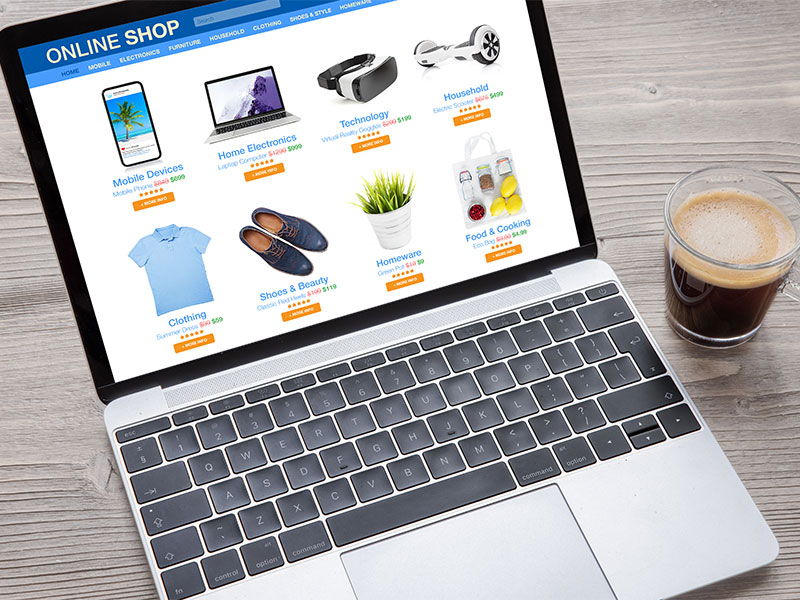
In the world of eCommerce, businesses are constantly striving to improve customer experiences and drive sales. It involves using data and technology to deliver personalized product recommendations, targeted marketing messages, and customized user interfaces. So why personalization in eCommerce is important? In this article, we will explore the significance of personalization in enhancing customer satisfaction, increasing conversion rates, and fostering long-term customer loyalty. Personalization has become a driving force in the world of online shopping, revolutionizing how businesses interact with their customers.
Personalization in eCommerce refers to tailoring the shopping experience to meet the unique needs, preferences, and behaviors of individual customers. In this pursuit, personalization has emerged as a crucial factor in achieving success. In today’s highly competitive eCommerce landscape, where consumers have numerous options at their fingertips, personalization has emerged as a powerful tool to enhance customer satisfaction, increase conversion rates, and foster long-term customer loyalty.
By tailoring the shopping experience to meet the unique needs and preferences of individual customers, eCommerce businesses can create meaningful connections, deliver relevant product recommendations, and provide a seamless and personalized journey that delights customers at every touchpoint.
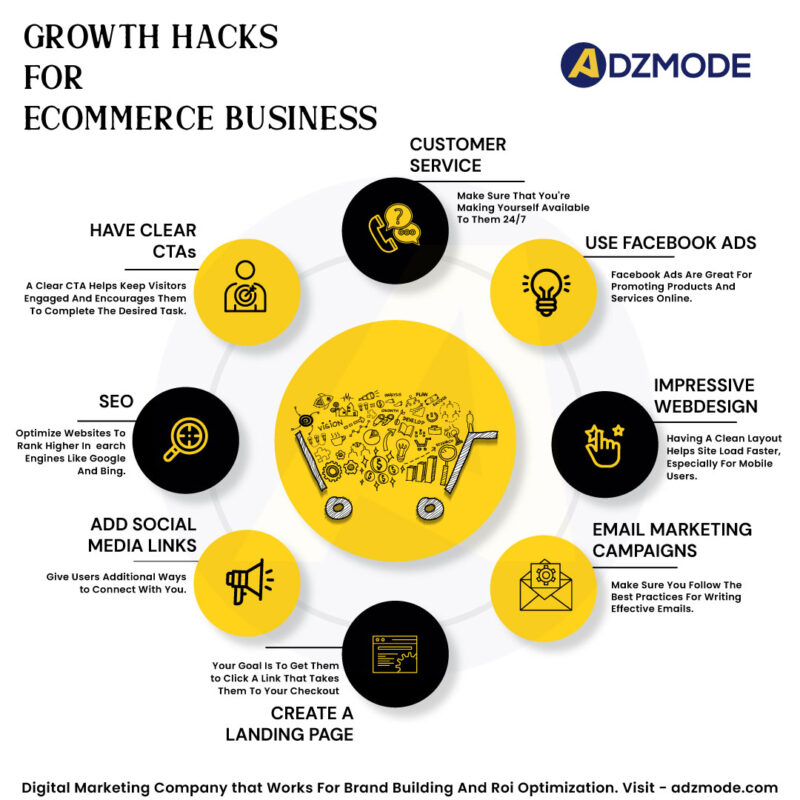
Tailored Treasures: The Power of Personalization in eCommerce
- Enhanced Customer Experience:

Personalization in eCommerce allows businesses to provide a tailored and individualized experience to each customer. By analyzing customer data such as browsing history, purchase behavior, and preferences, businesses can curate personalized product recommendations, customized offers, and relevant content. This level of personalization not only helps customers find what they are looking for more easily but also provides a more enjoyable and effortless shopping experience.
2. Increased Conversion Rates:

One of the key benefits of personalization in eCommerce is its ability to drive higher conversion rates. When customers feel that the shopping experience is personalized to their specific needs and preferences, they are more likely to make a purchase. Personalized product recommendations, targeted offers, and tailored messaging can significantly increase the likelihood of conversion by presenting customers with products and deals that are directly relevant to their interests and preferences.
3. Targeted and Effective Digital Marketing Campaigns:

Personalization in eCommerce goes beyond the website experience and extends to digital marketing efforts. Our digital marketing company in Delhi, can leverage personalization to create targeted and effective marketing campaigns that resonate with individual customers. By analyzing customer data and behavior, businesses can tailor their marketing messages, ads, and promotions to match the interests, preferences, and purchase histories of specific customer segments.
4. Improved Customer Loyalty and Retention:

Personalization plays a crucial role in fostering customer loyalty and retention in eCommerce. By creating personalized experiences, businesses can build stronger connections with their customers, making them feel valued and understood. This, in turn, increases customer satisfaction and trust, leading to repeat purchases and long-term customer loyalty. Additionally, personalized marketing campaigns and targeted messaging keep customers engaged, ensuring they remain connected and continue to choose your business over competitors.
Visit: Role of AR in eCommerce
5. Better Customer Engagement:
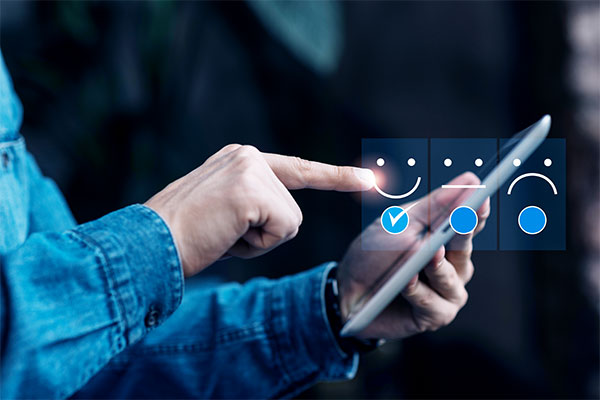
Personalized experiences not only enhance customer satisfaction but also drive increased customer engagement. When customers feel that their preferences and needs are being met, they are more likely to actively engage with the website, explore products, and interact with content. This increased engagement can lead to longer browsing sessions, higher click-through rates, and ultimately, more conversions. Personalization empowers businesses to create a dynamic and interactive online presence that entices customers to spend more time on their websites.
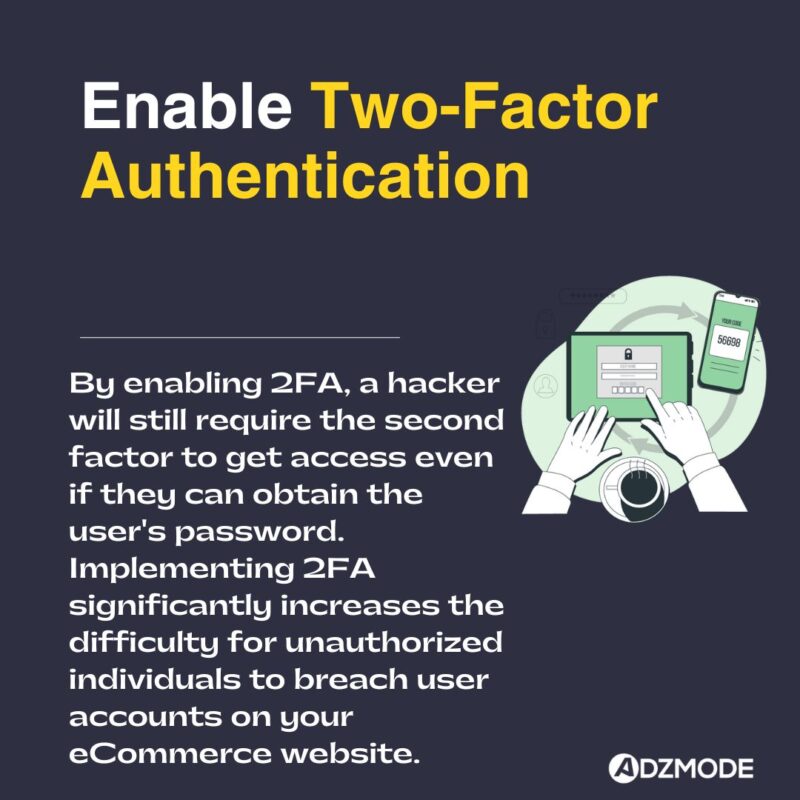
6. Stronger Customer Relationship:

In the world of eCommerce, building strong customer relationships is paramount to success. Personalization helps foster these relationships by creating a sense of connection and understanding. By leveraging customer data, businesses can anticipate and meet customer needs, provide personalized customer support, and offer tailored recommendations and deals. This personalized approach helps in building trust and a sense of loyalty between the customer and the business.
7. Competitive Advantage:

In a highly competitive eCommerce market, personalized experiences can give businesses a significant advantage over their competitors. By offering a unique and tailored shopping experience, businesses can differentiate themselves and stand out from the crowd. Personalization not only attracts customers but also increases their likelihood of choosing your business over others. It allows businesses to highlight their understanding of customer needs and provide an unparalleled level of service.
Visit: how to optimize landing pages
8. Improved Website Design and User Experience:
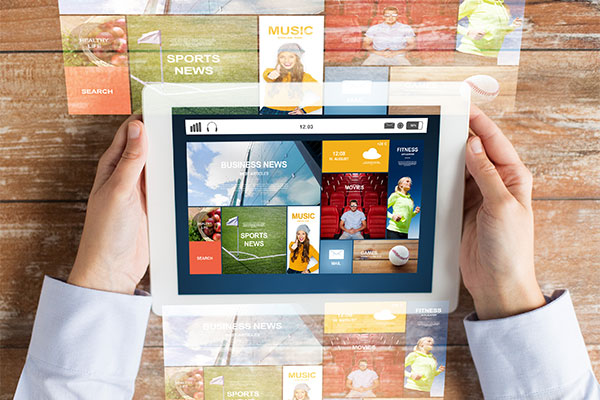
Personalization in eCommerce extends beyond product recommendations and tailored marketing messages. It also plays a crucial role in website design and user experience. Our website designing company in Delhi can leverage personalization to create custom website experiences based on specific customer segments or user preferences. By analyzing user behaviors, such as browsing patterns and previous interactions, businesses can dynamically adjust the layout, content, and navigation of their websites to align with individual customer needs.
Conclusion
By tailoring product recommendations, marketing messages, and website design to match customer preferences, businesses can enhance customer satisfaction, increase engagement, and drive higher conversion rates. Personalization also fosters customer loyalty and retention, as customers feel valued and understood when their preferences are taken into account. Additionally, personalization provides a competitive advantage by differentiating businesses from their competitors and attracting more customers.
It also helps businesses optimize their digital marketing campaigns by delivering targeted and effective messages to specific customer segments. Ultimately, personalization is important in eCommerce because it enables businesses to create meaningful connections with customers, increase customer satisfaction and loyalty, and ultimately drive business growth. Therefore, It is important to understand why personalization in eCommerce is important, because it allows businesses to cater to the unique needs and preferences of individual customers, creating a more personalized and relevant shopping experience.
Why Adzmode?
- More than 800 happy clients across the globe
- Managing Digital Marketing Since 2011
- Indomitable Digital Marketing Strategies
- Founded by team of IIT Delhi Certified Digital Marketers
- 100% Transparency in Operations and Ad Budgets.
Share Your Project Requirements With Us

